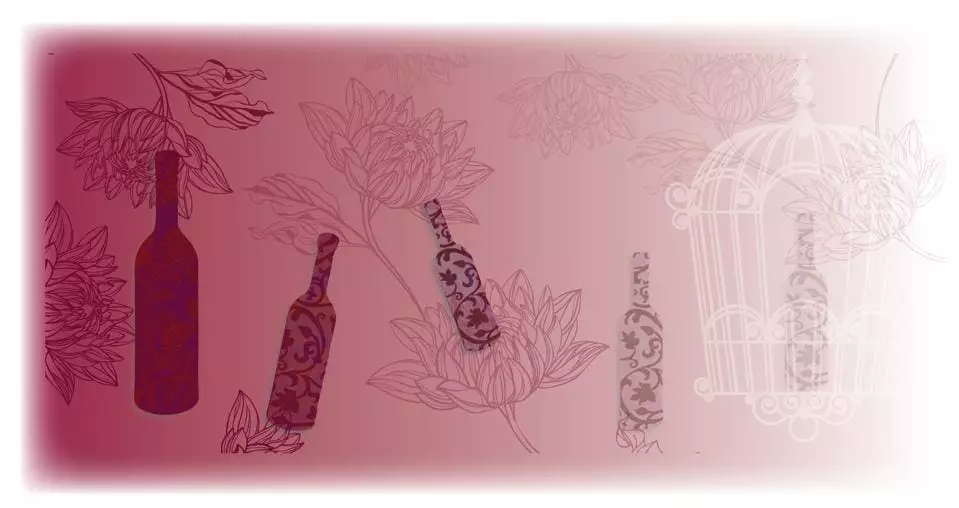In the most unexpected places, mentorship can blossom. For those who expect to meet their guiding figures in traditional office settings or workshops, my experience offers a refreshing perspective. My journey began in the enchanting vineyards of Austria’s Wachau Valley, where I found a mentor over glasses of Riesling rather than spreadsheets. This tribute goes beyond the realm of good wine; it encapsulates a shared journey, rich lessons, and the bonds formed in the context of wine appreciation.
When I first met Diane Teitelbaum, I was a novice amidst seasoned wine critics. The tension was palpable as I struggled to unpack the complex characteristics of the various wines laid before us. Sharing a table with a former television personality who seemed intent on belittling my attempts only amplified my anxiety. Jet-lagged and feeling like a fish out of water, I was poised for a discouraging week of technical tastings filled with jargon I barely understood. While others effortlessly swirled and sipped—documenting intricate notes on the expansive flavor profiles—I was paralyzed, left with mere flashes of descriptors that felt woefully inadequate.
But Diane’s perceptive nature cut through this fog of uncertainty. Observing my struggle, she offered a lifeline. Her calm demeanor and nurturing spirit stood in stark contrast to the competitive atmosphere that permeated the event, a reminder that wine was a communal experience meant to be savored, not just cataloged.
Together, Diane and I formed an alliance, navigating a sea of complex wines and challenging social dynamics. The blending of our personalities yielded a delightful partnership where she guided me through flavor explorations while I provided her assistance in navigating her surroundings post-surgery. Our differences—her delicate physique juxtaposed against my taller stature—became a testament to the beauty of diversity in the wine world.
In these moments, we delved into discussions that transcended the mundane aspects of our industry. As women in a male-dominated field, we shared insights about effective wine writing, the judicious use of descriptors, and the importance of being authentic in our work. Diane taught me that personal expression in wine appreciation matters far more than adherence to arbitrary standards.
One of my most cherished memories of Diane revolves around a poignant moment she shared: the story of her favorite wine. The 1947 Joseph Drouhin Chambertin-Clos de Beze grand cru, gifted by a late friend, became a significant touchstone in her life. The preparation for tasting this rare bottle—caring for it while allowing it to breathe—showed her understanding of wine’s exquisite nature. Her thirst for experience was not just about consumption; it was about creating a memorable occasion, layering each sip with history and emotional significance.
Diane likened the wine’s essence to that of a delicate southern belle, slowly revealing itself in moments of intimacy. My inexperience rendered me unable to appreciate such a refined palate, but I embraced her description, enraptured by the imagery she conjured and the spirit of the occasion.
Ephemeral Moments and Lasting Memories
Wine has a remarkable ability to etch experiences into our memory. In every glass lies a narrative that intertwines with laughter, conversations, and stolen glances, transforming a simple sip into an unforgettable memory. This realization drove home the point that wine is not merely an accompaniment to a meal; it’s a catalyst for connection. Each event—marked by the people involved, the atmosphere, and the surrounding moments—will never replicate itself entirely.
Diane’s passing brought an inevitable sense of loss, yet her legacy endured. The wine stories shared at her memorial eloquently illustrated her impact. Friends and fellow wine enthusiasts celebrated the moments they had spent alongside her, bonding over bottles that sparked joy, introspection, and camaraderie. Diane enriched our understanding that wine goes beyond flavor; it embodies the fleeting experiences that make life extraordinary.
As I reflect on everything Diane instilled in me—knowledge about wine, confidence in my own instincts, and the importance of emotional context—I am continually inspired to carry forward her lessons. By embracing both the complexity and simplicity of wine appreciation, we can honor her memory. As I uncork a bottle in the future or share moments with friends over a good glass of wine, I will always toast to Diane, the mentor who taught me that true wine knowledge transcends textbooks. Drinking wine is not just about taste; it’s about the connections we forge and the stories we create along the way.


Napsat komentář